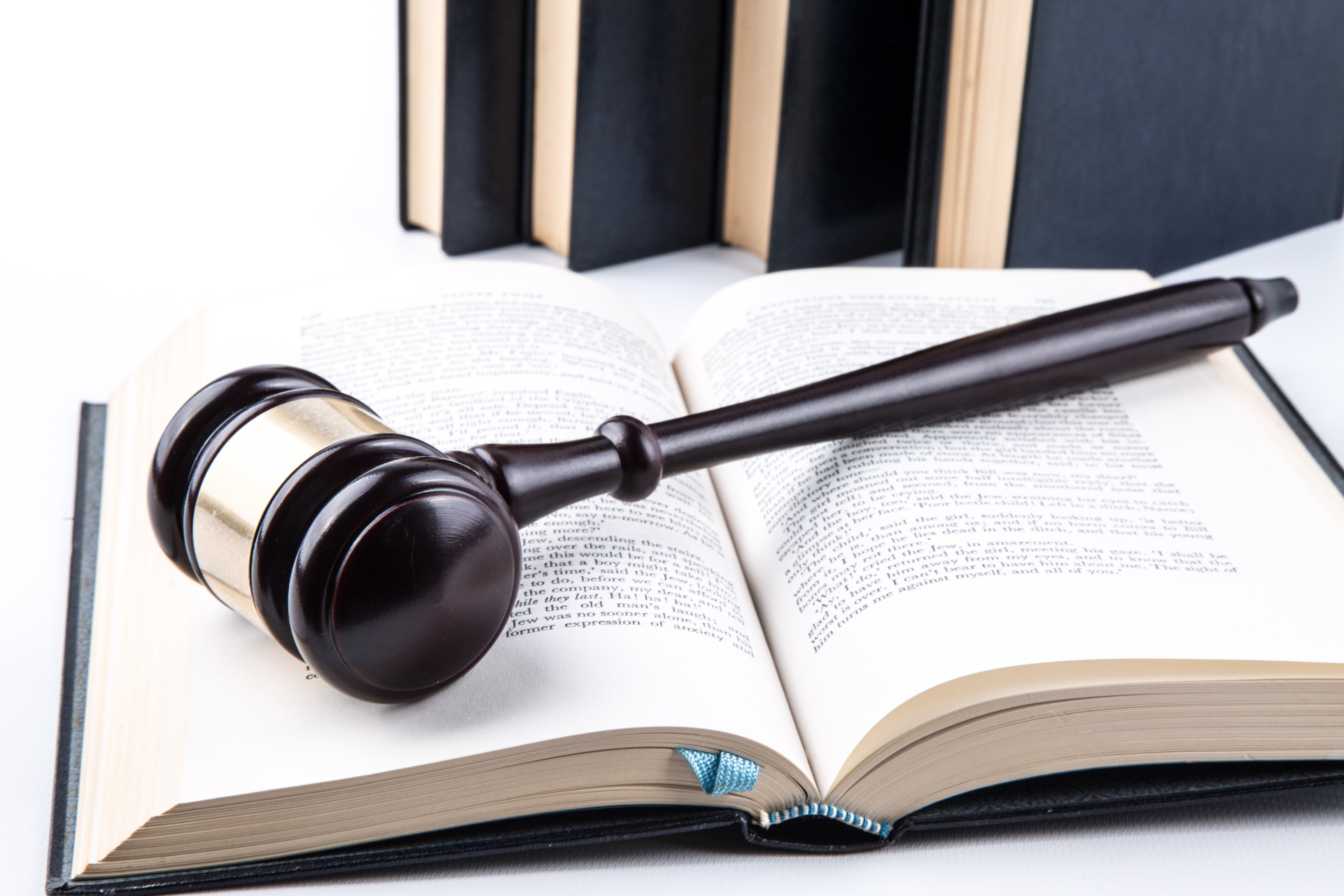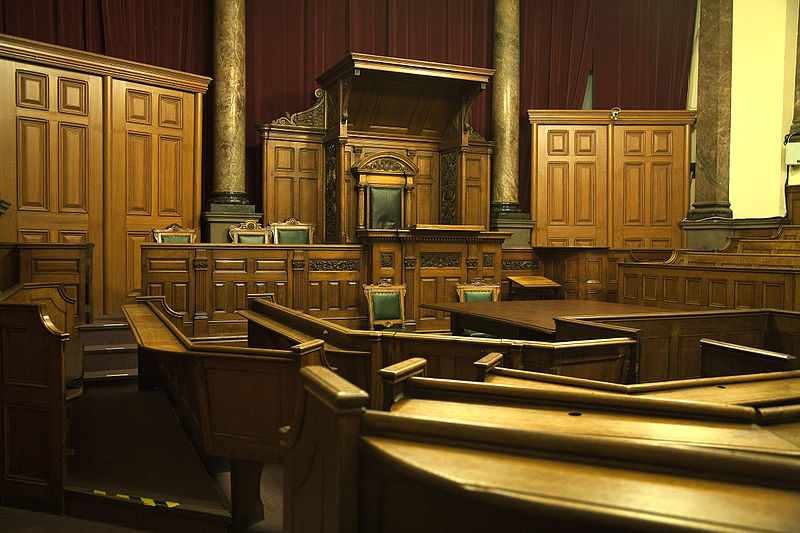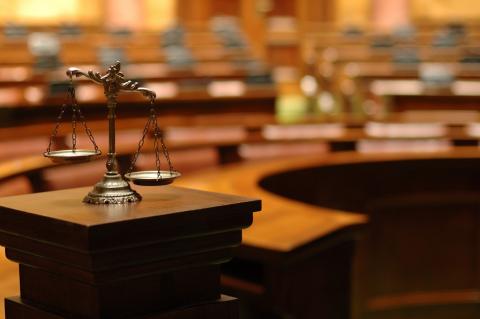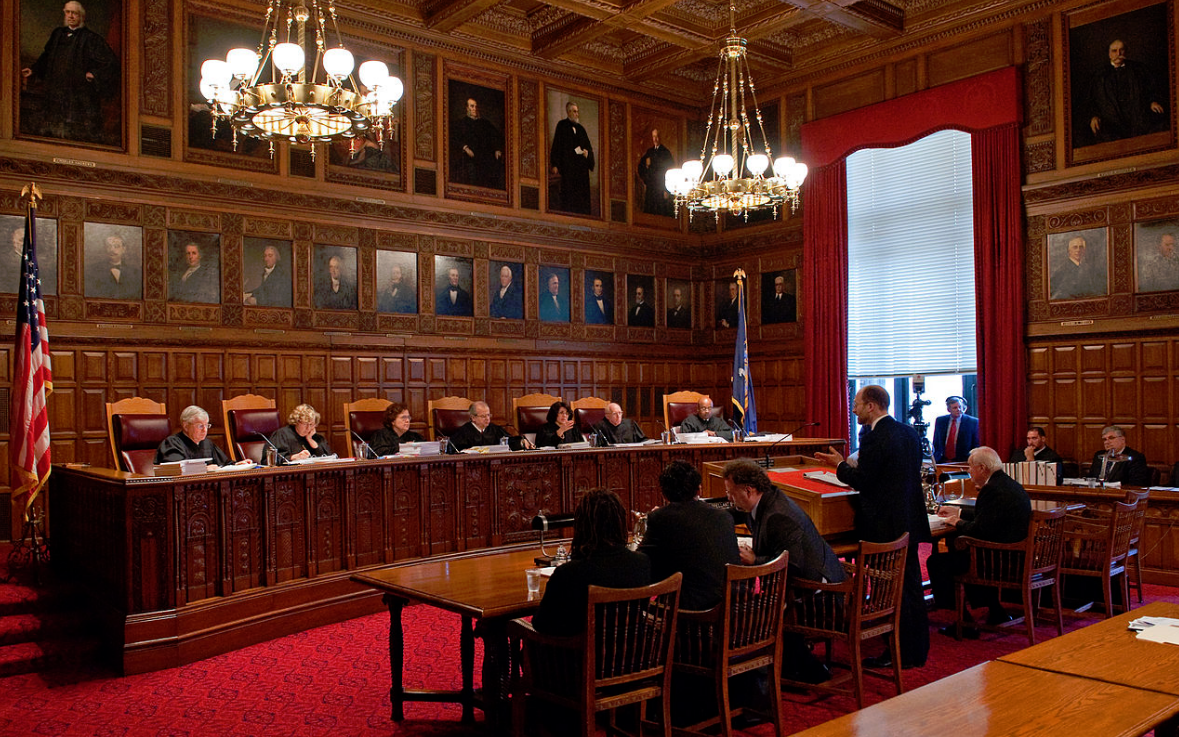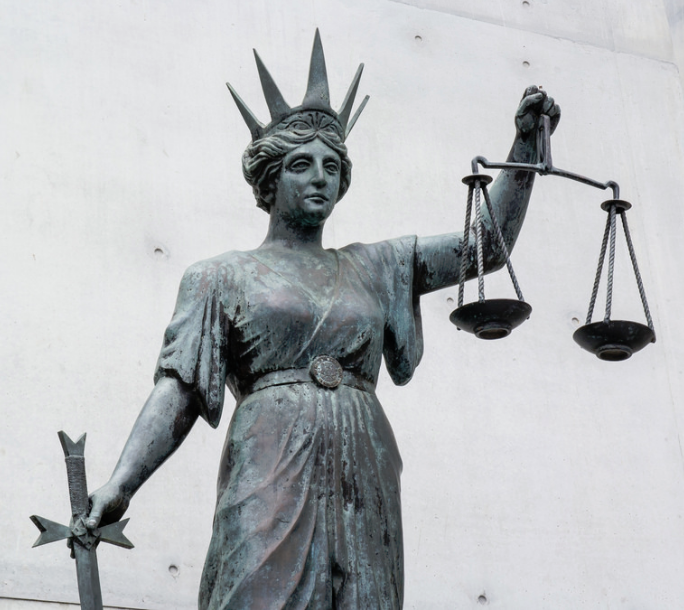Social media can have a profound impact on a lawsuit and can even make or break one’s case. Take, for example, a person who is claiming they are unable to work due to a workplace injury, but a quick perusal of their social media accounts reveals their ability to waterski simultaneous to the claim. An attorney will likely be able to use that post to make an argument in court. However, if the waterskiing employee realizes the post is problematic given his or her recent claim, they may decide to delete the photo. Deletion of tweets or Facebook posts in an effort to conceal evidence could result in dismissal of…
-
-
Getting to Know Ryan McIntyre
Did you always want to be an attorney? It was always in the back of my mind because my dad was an attorney and he’s always been a big role model in my life. He’s someone I could talk to about anything and bounce ideas off of. When I went into college, though, I was a biology major and was pretty undecided about what I wanted to do in life. I kept getting drawn into oral advocacy and eventually changed my major to industrial labor relations, which is a subset school at Cornell that sends a lot of people to law school. What is your favorite area of…
-
Playing by the (New) Rules in the North Carolina Business Court: Part 2
The North Carolina Business Court’s new Rules went into effect January 1, 2017 and apply to every civil action designated as a mandatory complex business case or assigned to a Business Court judge, regardless of whether it was filed prior to the Rules’ effective date. They are meant to supplement, rather than supplant, the Rules of Civil Procedure and General Rules of Practice, but if there is a conflict with local rules or standing orders from the county of venue, the Business Court’s Rules will govern. Part 1 of this topic addressed the changes in Notices of Designation, filing, electronic filing technology problems, motions practice, and emergency motions. For…
-
Playing By the (New) Rules in the North Carolina Business Court: Part 1
The North Carolina Business Court’s new Rules went into effect January 1, 2017 and apply to every civil action that is designated as a mandatory complex business case or assigned to a Business Court judge, regardless of whether it was filed prior to the Rules effective date. They are meant to supplement, rather than supplant, the Rules of Civil Procedure and General Rules of Practice, but if there is a conflict with local rules or standing orders from the county of venue, the Business Court’s Rules will govern. The purpose of the Rules is actually summarized in the Rules…
-
An Interview with Marketing Director Liz Kemper
What do you like about working at Lindley Law? I have never worked for a small law firm before and I absolutely love it. I wish I’d done it years ago. There’s something exciting about being a part of a relatively new firm where we are all working as a team to figure out how to strengthen the firm and make our clients happy. Most of our clients are individuals or small business owners who have very real problems that we help them solve as efficiently as possible. In previous jobs, most of the clients my companies served were very large banks or corporations and it wasn’t very personal. I…
-
Twelve Causes of Action That May Accompany a Breach of Fiduciary Duty Claim
Several causes of action may be pled in conjunction with a claim for breach of fiduciary duty, depending on the facts and circumstances surrounding the case. Attorneys should consider the following claims when filing a breach of fiduciary duty cause of action and determine which, if any, also apply to their clients: 1. Constructive Fraud Constructive Fraud occurs when a person or entity gains an unfair advantage over another through unjust means, usually by lying or omitting important details. Constructive fraud differs from actual fraud because the elements of constructive fraud do require intent, or actual…
-
Breach of Fiduciary Duty vs. Constructive Fraud – Which Claim Do You Have?
Breach of Fiduciary Duty: A fiduciary is an individual or corporation to whom property or power is entrusted for the benefit of another. Fiduciaries must prudently care for any such assets, and may also have a number of additional duties, depending on the nature of their fiduciary relationship. These duties include, without limitation: a duty of good faith and fair dealing, a duty of loyalty, a duty of impartiality, a duty to delegate, a duty to inform, and a duty to maintain adequate records. To succeed on a breach of fiduciary duty claim, the plaintiff must prove…
-
Breach of Trustees’ Fiduciary Duty – Part 2: Duty of Loyalty & Duty of Impartiality
As we’ve mentioned in part 1 of this series, trustees are fiduciaries and, as such, trustees owe a variety of fiduciary duties to multiple parties. These obligations include both the duty of loyalty and duty of impartiality, which we will discuss this week. To prove a trustee breached of one of these duties, one must show three things: (1) the existence of a fiduciary relationship; (2) the breach of a fiduciary duty; and (3) damages proximately caused by the breach of the duty.[1] It is important to keep in mind that the express terms of the trust can modify…
-
Breach of Trustees’ Fiduciary Duty – Part 1: General Considerations
This is the first of a four-part series examining trustee’s fiduciary duties and the circumstances that could result in litigation. To begin, we will discuss basic principles that will lay a groundwork to inform our larger discussion. What is a Trust and a Trustee?[1] A trust is a financial instrument or tool through which people can transfer their assets to others over time. People who create trusts are called “settlors,” because they “settle” or initially put assets into the trust. Those who stand to benefit from the assets in the trust are known as “beneficiaries.” The person…

